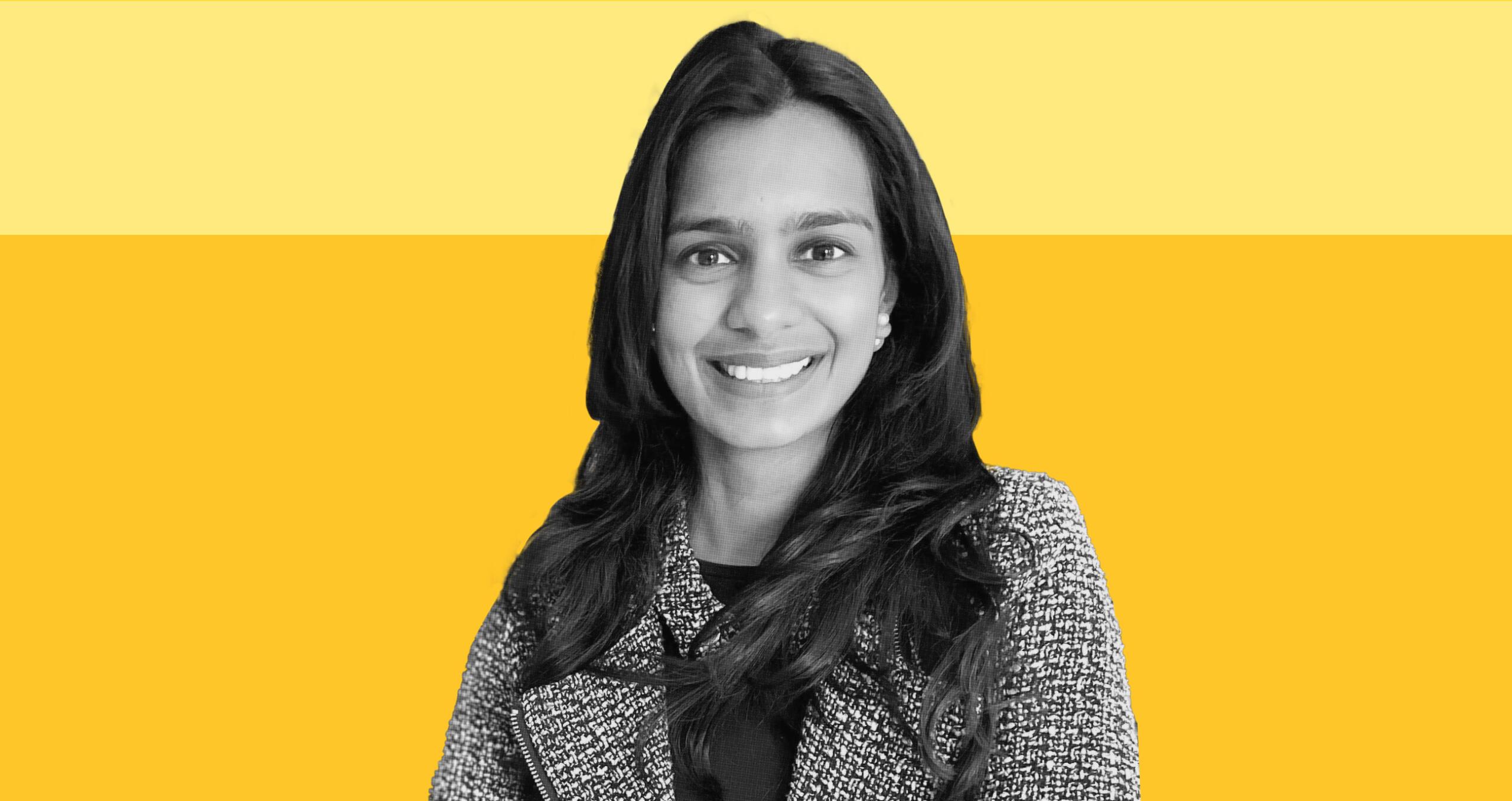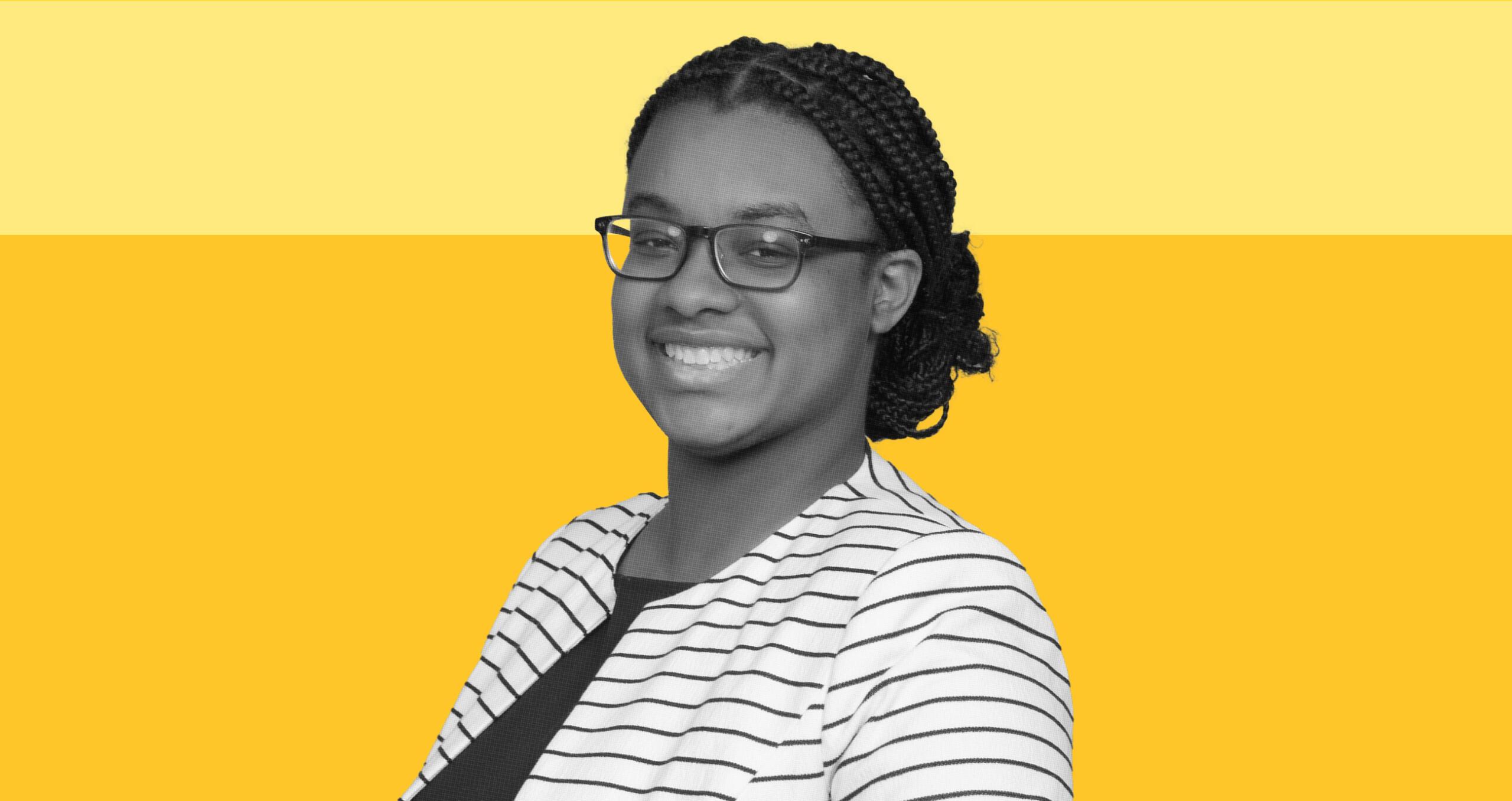For the second year running, we’re teaming up with Vital Voices Global Partnership to connect and empower a dynamic group of emerging women leaders driving societal change.
The Next Movers Program is all about accelerating impact and skill development through six months of peer connections, mentorship, grants, and tailored training. In the coming weeks, we’ll be interviewing the 2024 Next Movers so you can get to know what fuels their passion for change and how this program is helping them amplify and scale their impact.
Our next 2024 Next Mover, Soumya Dabriwal, is from India, where she is the founder of Project Balaa, which provides innovative menstrual hygiene solutions to rural and marginalized communities across four countries.
We asked her five key questions about how she’s driving impact in her cause and community:
Tell us more about your nonprofit/social impact venture. How does it make an impact on your community?
Project Baala is an innovative menstrual health solutions provider working to end period poverty and period illiteracy while generating employment.
The need for the scalability of menstrual hygiene solutions is really high as 58% of menstruators aged 15—24 living in rural India are still using clothes or unhygienic means to stem their menstrual flow (National Family Health Survey, NFHS-5). 70% of menstruators are unaware about periods on the onset of their first period (UNICEF). 61% cannot afford purchasing sanitary pads because of financial restrictions (PLAN India) and the topic is still shrouded in stigma and misinformation.
Project Baala follows a holistic 360 degree model – we provide communities access to reusable pads and conduct awareness workshops to improve period literacy, while generating employment through our livelihood model.
In the past five years, we have been able to provide three million reusable pads and conduct 10,000+ awareness workshops for one million women and girls across four countries and 25 states of India.
Baala is on a mission to impact two million menstruators by 2025 and generate employment for 500 women-entrepreneurs.
On Bumble, women can get the conversation started by setting an Opening Move, or a question for someone to respond to. When educating people about your organization, what’s your Opening Move?
We have many different Opening Moves, since talking about periods in India is a very sensitive and taboo topic.
We start with many openers such as :
‘What are the words and phrases you use to describe your period?’
Answers vary, including: Aunty flo is here, that time of the month, down days, sharky week, and more.
We ask, “Who is your favourite sports woman? Now, if she gets her period, do you think she will play in the Olympics final? Why or Why not?”
This is to get everyone to start talking about periods through sports!
What challenges have you faced in your journey, and how have you overcome them?
One major challenge is the communities themselves. The myths and taboos in rural areas are very deep-rooted and constant intervention is required to bring a change. In the majority of the cases, the decision making is in the hands of the male member of the family who is the sole earner in the household. Most of them do not consider menstrual hygiene as a priority and this stops women from using hygienic menstrual products.
We have created a module specifically for boys and men. The ‘Men and Menstruation’ module teaches boys and men to be sympathetic to the women in their lives by acting as support systems. Our goal is to impact one million boys and men by 2025.
While setting up the organisation there are a few challenges we came across such as growing competition with disposable pads being outsourced from different countries, societal myths and taboos about menstruation with inter-generational myths being followed in society, and no support from the government for innovation in the menstrual hygiene space.
To overcome the economic challenge of growing competition we are constantly innovating internally and externally. We have built impactful partnerships, and onboarded experts to strengthen our operational and business model. Our Board is made up of highly skilled individuals from a variety of backgrounds including fast-moving customer goods (FMCG), menstrual health management (MHM), and education. We are also expanding our team with people from diverse backgrounds & skill sets.
What have you learned so far from the Next Movers program? How has the program influenced your journey as a leader?
The Next Movers Program has deeply influenced how I lead Baala, especially in the tough, sensitive work we do around menstrual health in rural communities. The Goal Setting session helped me get clearer about breaking our big vision—educating five million girls by 2030—into practical, step-by-step goals that work for the complex realities of the villages we serve.
The Crisis Response training has been transformative. Working on a sensitive topic like menstrual health in difficult villages often brings unforeseen challenges, from cultural resistance to logistical barriers. The session equipped me with the tools to manage these crises more effectively, ensuring that setbacks don’t derail our mission.
Additionally, the Community Building lessons have reinforced the importance of strong local networks. Building relationships within these communities has become even more essential, allowing us to engage meaningfully and create a lasting impact in the areas we serve.
What advice would you give to other women who want to make an impact in their communities?
- Start with Passion, but Build with Strategy: Focus on something you’re passionate about, but ensure your efforts are backed by a clear strategy. Passion drives action, but a solid plan will help sustain your impact in the long run.
- Leverage Your Network: Surround yourself with people who inspire, challenge, and support you. Build a strong network of mentors, peers, and collaborators who can provide insights, resources, and encouragement. Don’t hesitate to seek help and work together.
- Be Resilient and Patient: Creating change takes time and persistence. Expect setbacks, but see them as opportunities for growth. Trust your vision and remain committed to your mission, even when progress seems slow. Patience and resilience are key to making a lasting impact.
Start small, stay focused, and remember that even the smallest actions can lead to significant change in your community.




Social Media